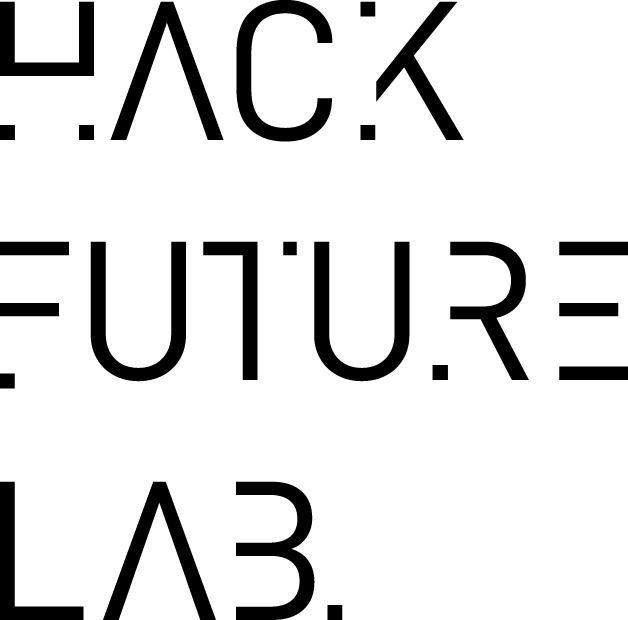Next is Now
In many ways, the future is now for business leaders. Though many old practices remain, the corporate world is changing fast, and so leaders must quickly pivot in order to embrace the change and generate success. In an exclusive interview for HR Observer, Hack Future Lab founder and bestselling author Terence Mauri shares his insights on how to respond, outlining how leaders can “win the future”.
How pivotal will technology be in the months and years to come? Why?
In many ways, the future is now for leaders. Though many old practices remain, the business world is changing fast, and so leaders must quickly pivot in order to embrace the change and generate success. Digital superpower companies such as Amazon, Google and Microsoft have already re-engineered their business models and entire operating models around software, data, and AI to power a completely new breed of organization. For leaders, your job is now to scale intelligence, not just efficiency. This means mental retooling needs to happen throughout the organization. It’s now no longer just about return on investment. It’s about return on intelligence. Royal Dutch Shell, for example, recently announced it is expanding an online program to teach AI skills to all its HR leaders. The online courses are offered by learning platform, Udacity, which has rolled out an ‘AI leadership program’ to help the HR function reinvent how their organizations learn, operate and compete. If I were to offer one piece of advice for HR leaders and their organizations, it would be this: embrace today’s AI tools and use them to re-imagine their business if they want to win the future.
What are the main use cases in your opinion?
Technologies such as AI, automation and predictive analytics are gathering momentum. For example, the use of predictive analytics has nearly quadrupled in five years, and the use of metrics on pay inequities and total rewards usage has more than doubled. The next wave of maturity requires HR leaders to lean in to structure analytics such that it can answer key strategic questions, like: In a downturn, which strategy offers the best chance of maintaining performance? Which departments could deliver a similar level of output with more contingent staff? Where should we locate talent hubs to take advantage of skilled talent pools? Leading companies such as Humu are on the front foot sharing data-driven insights with employees to help them make health, wealth and career decisions: 38% of organizations today apply intelligent “nudging” technology to help employees make better choices. Further, exploring relevant metrics and sharing them with employees shows how the new climate of remote working affects productivity.
How can such investments be justified to the CTO?
No organisation wants to lose the war for talent. 98% of CEO’s expect significant disruption over the next 3 years but only 23% are fully prepared. Every leader is saying they want to accelerate transformation this year, and almost all reporting significant skills gaps, the C-suite regards reskilling as the top talent investment capable of driving business success and technology will be the enabler. Executives are swiftly adopting future of work strategies to compete and stay relevant while preparing to face a very likely economic downturn. Workforce capability and lack of future skills are seen as primary reasons why 70% of transformations fail, amounting to over £900 billion in wasted investment. The race to reskill is one of the top investment’s leaders hope to maintain in a downturn and yet just 34% of HR leaders are investing in workforce learning and reskilling as part of their future of work strategy. As disruption accelerates and business models decay at a faster rate, leaders can guide the C-suite in terms of business continuity and organizational resilience by asking:
How to make re-skilling a priority?
Will our work models attract new generations?
How will we reposition and renew our organizations?
Are existing practices agile enough to withstand future waves of disruption?
How do we incentivize transformation and make our talent future-ready?
Which old mindsets, operating models and assumptions must we eliminate?
Many leaders don’t know where to start with tech. How can they get the ball rolling?
One in three employees believes their job will not exist in a few years due to AI and automation. With so many unknowns, how can companies, individuals and society as a whole win? Now is not the time to adopt a ‘wait and see’ strategy. As agents of change, HR leaders need a more expansive view of their organization’s responsibilities and must work together to ensure people thrive now and in the future. HR leaders must stop and ask: Is today’s approach to work and workforce transformation sustainable? Will our work models attract new generations? Aside from new software tools, competing in the age of AI also means leaders must ask new questions to old problems and new questions to new problems. When we operate at the edge of uncertainty, catalytic questions matter more than answers. What questions should HR leaders be asking to win in the age of AI? I propose you start with first principles and ask yourselves ‘what questions do we want to be remembered for?’
How can we bring digital to every person, home and organization for a fully connected, intelligent world?
How can we prioritize trust alongside growth and profitability?
How can we scale AI and automation to optimize our culture and operating model on the inside and customer moments on the outside?
How can we win with empathy while using machines?
How do we embrace workforce analytics and ensure digital ethics?
How do we adopt AI and automation to build an agile, resilient and sustainable future?
